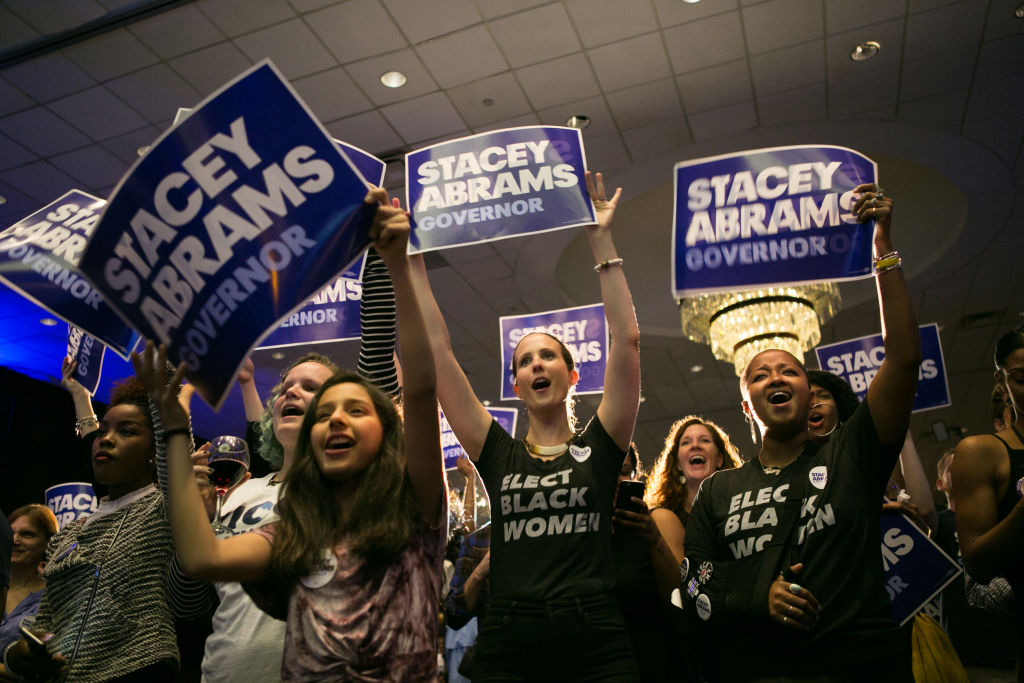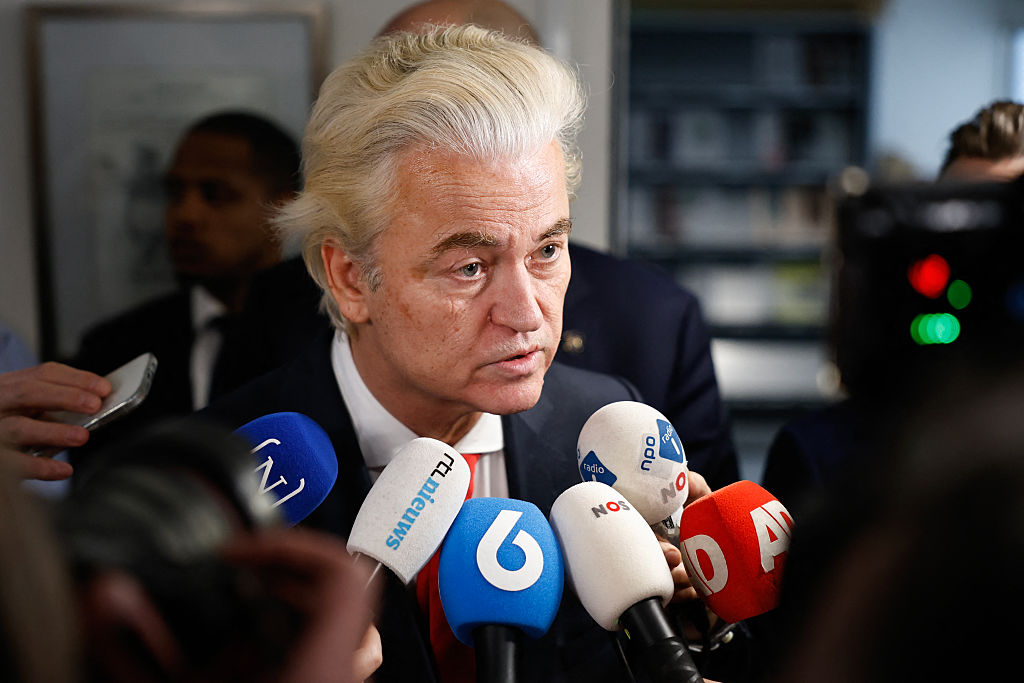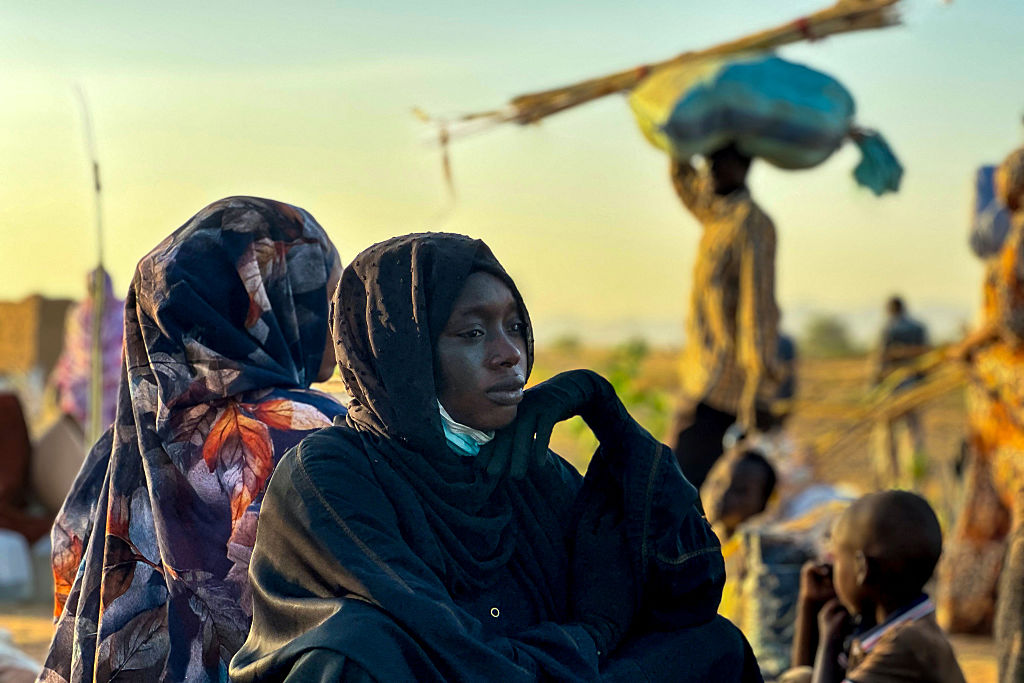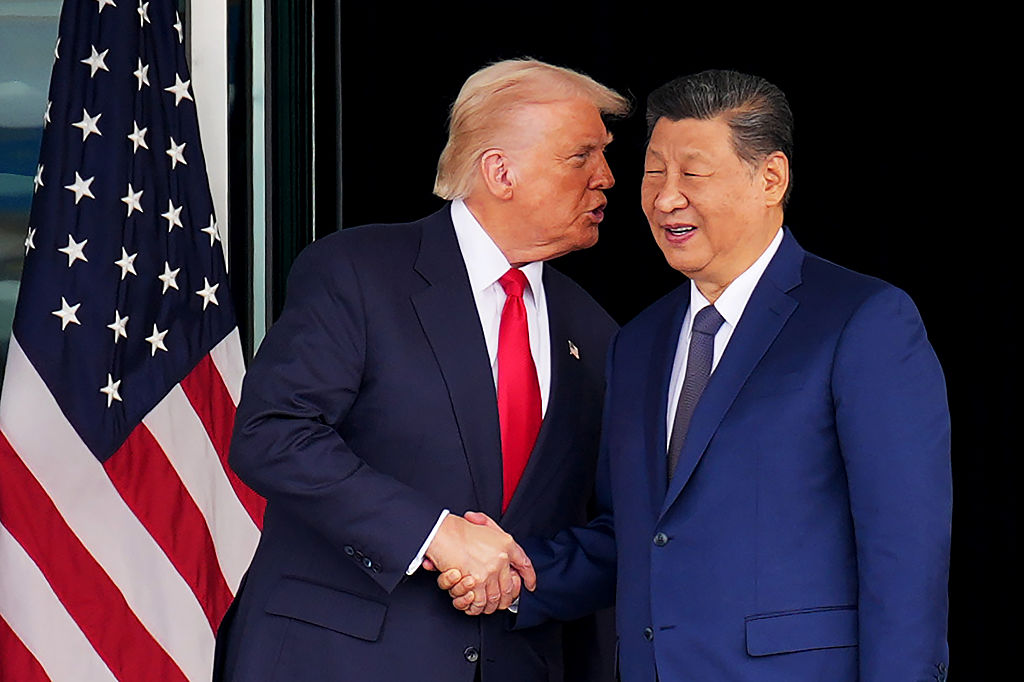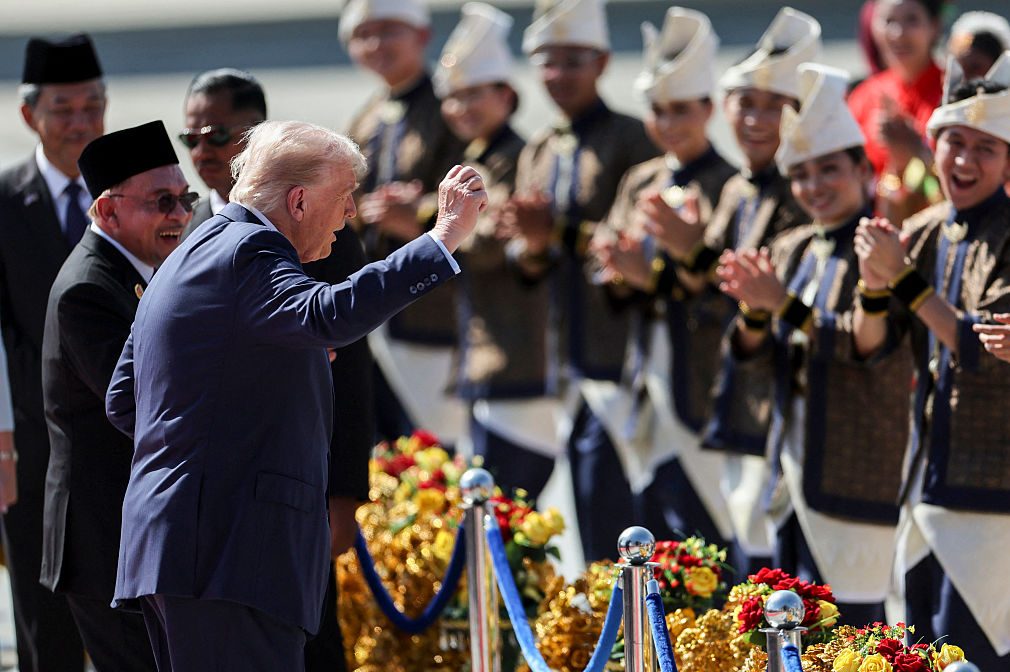In a bruising midterm election year, the race for governor of Georgia could be the most contentious in the country. It’s certainly the most ideologically polarised. Here’s why.
Democrats rejected a relatively moderate candidate in the primary and nominated Stacey Abrams, an Ivy League-educated liberal who if elected would be the nation’s first black female governor (she won with 76 per cent of the vote). Republicans rebuffed their sitting lieutenant governor to nominate Brian Kemp, a self-proclaimed ‘politically incorrect’ white conservative boosted by President Trump (he won with 69 per cent of the vote).
Not to be confused with Jack Kemp, the newly minted Republican gubernatorial nominee and incumbent secretary of state ran ads during the primary where he portrayed himself warding off his daughter’s would-be suitors with a shotgun and offering to use his own pickup truck to round up illegal immigrants.
That’s no doubt how Kemp attracted Trump’s attention. ‘Brian is tough on crime, strong on the border and illegal immigration,’ the president tweeted in support of Kemp. ‘He loves our Military and our Vets and protects our Second Amendment. I give him my full and total endorsement.’
Even Casey Cagle, the man Kemp upset to claim the Republican nomination, complained that the primary had been reduced to ‘who had the biggest gun, who had the biggest truck, and who could be the craziest.’ The remark was caught on tape and released publicly, causing Republican voters to turn on Cagle and vote for Kemp.
As Vice President Mike Pence put it on the campaign trail, ‘Brian Kemp will bring the kind of leadership to the Statehouse that President Donald Trump has brought to the White House.’
That’s exactly what Abrams wants to avoid. She vowed to largely eschew the more conventional strategy of peeling off at least some rural whites pursued by successful statewide Democrats from Sam Nunn to Zell Miller. (Miller ended his career speaking at the Republican National Convention and voting more often with conservatives than liberals.) Instead she would like to run up the vote among progressives, millennials and people of colour, especially African Americans.
Republicans think that approach will play right into their hands. ‘So here’s the question: Do you really want a governor who’s bought and paid for by liberal billionaires and out-of-state socialists?’ Kemp asked his supporters the night he won the nomination. ‘Do you want a governor that’s going to answer to Nancy Pelosi and Hillary Clinton? Do you want a governor who thinks that government is the answer to every challenge that we face?’
Kemp then answered his own question. ‘Of course you don’t,’ he said. ‘I figured that out.… This is the state of Georgia. We are a red state.’
But how red is Georgia, really? Democrats have hoped its increasing demographic diversity will make it a battleground state one day. Trump only beat Hillary Clinton by 5 points here. In the suburbs of Atlanta, he has turned off some of the college-educated and affluent voters who usually pull the lever for GOP candidates.
Georgia was already the site of the most expensive congressional race in the country, as a suburban Atlanta district that is usually comfortably Republican went for Trump by just 1.5 percentage points and was targeted by Democrats in a special election last year. Republicans held onto the seat, but only after a full-court press that saw them come up short in the first round of balloting only to narrowly prevail in the runoff.
A big question will be how does each candidate turn out their parties’ respective bases — a tactic they share in common — without alienating the independents and swing voters who hold the keys to the election? There are no easy answers. Georgia was, however, conspicuously missing from Trump’s early list of planned fall campaign stops.
The contest also has the potential to be racially divisive. Kemp raised eyebrows for promising to ‘round up criminal illegals’ and ‘take them home myself.’ Abrams wants to get rid of Confederate war monuments in this quintessentially Southern state.
Democrats claim that Republicans are seeking unfair advantage through black voter suppression in an election where African American turnout is critical to their chances. They point to a plan to shutter most of the polling places in a predominantly black Randolph County. Proponents of closing the sites say they are not compliant with the federal law providing access protections for the disabled.
Kemp and Abrams both oppose this proposal, which is to be voted on Friday. ‘Although state law gives localities broad authority in setting precinct boundaries and polling locations, we strongly urged local officials to abandon this effort and focus on preparing for a secure, accessible, and fair election for voters this November,’ said a statement from Kemp to the press.
But as secretary of state, Kemp has come under fire for conducting voter purges that have disparate impact on blacks. His defenders say he will simply guarding against fraud by keeping the voter rolls up to date.
‘Last-minute chicanery may be helpful to Kemp, but it probably isn’t worth the publicity nightmare,’ alleged Mark Joseph Stern, writing in Slate. ‘It’s possible he’s already suppressed enough to votes to win himself four years in the governor’s mansion, a perch he’d doubtless use to continue his erosion of democracy in Georgia.’
The Georgia governor’s race is unlikely to get as much national attention as it deserves given everything else that is going on: the Trump-Russia investigation, including another trial for recently convicted former campaign chairman Paul Manafort; the looming government shutdown fight over appropriations bills and the border wall; the battle for control of Congress; the presidential tweets of the day.
Nevertheless, it could be a test of what a base election would look like in the event that Trump faced a more appealing Democratic challenger than Hillary Clinton in 2020. It also could help measure the depth of blue wave, if it washes up even on the shores of the Deep South. Kemp and the Republicans will be pulling out all the stops to demonstrate that Georgia remains an unquestionably red state.
Republicans certainly have the upper hand. But in the age of Trump, there are no guarantees about the political future.
W. James Antle III is politics editor of the Washington Examiner and author of Devouring Freedom: Can Big Government Ever Be Stopped?



